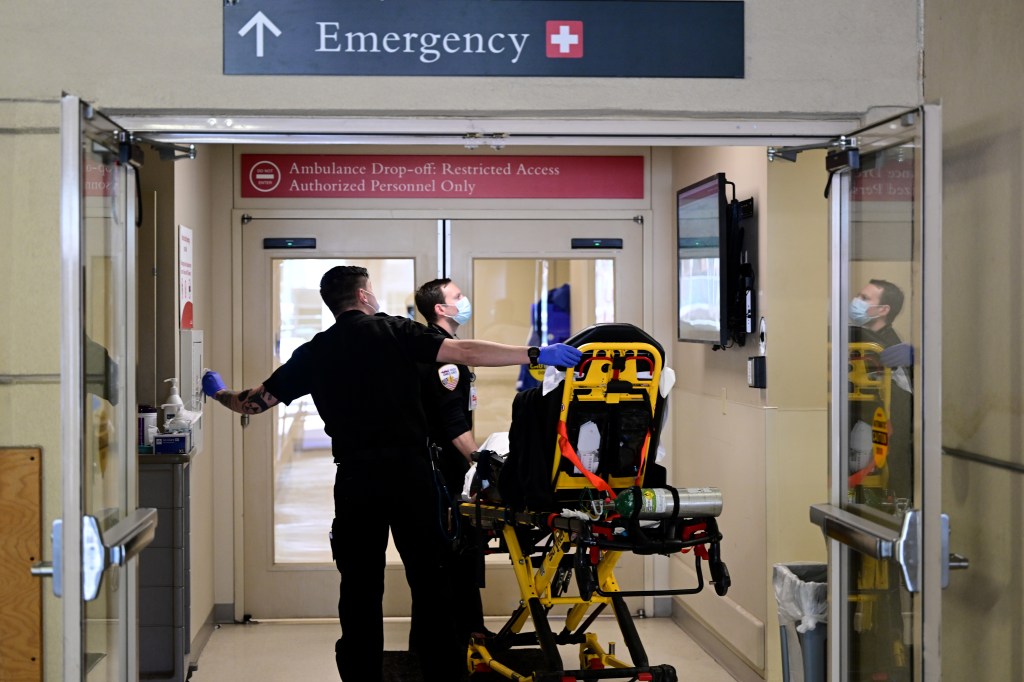The agency that runs Colorado’s Medicaid program went over budget by more than $120 million in the most recent fiscal year because it underestimated how sick its members were.
Medicaid enrollments were in flux last year as states began disenrolling people for the first time since the beginning of 2020. States couldn’t disenroll people from Medicaid during the COVID-19 public health emergency, so they spent much of last year trying to determine who still qualified.
For the fiscal year that ended in June, the Colorado Department of Health Policy and Financing had to project not only how many people would lose Medicaid coverage because they were ineligible or hadn’t returned paperwork, but also what health care costs would be for those who remained.
Department spokesman Mark Williams said the projections were close in terms of how many people would stay insured, but slightly underestimated how much care they would need. The department is 1.16% overbudget for fiscal year 2023-24, or about $123.8 million, Williams said.
Most of the extra spending went to groups traditionally eligible for Medicaid, Williams said. The federal government pays half the cost of health care for these groups, which include low-income people and people with disabilities. Federal funds cover about 90% of the costs for the “expansion” population, which includes adults who earn up to 138% of the poverty line.
“It was very difficult to predict because there are so many factors at play,” he said.
Medicaid covers about 1.26 million people in Colorado and has a budget of $16 billion, with about $5 billion of that coming from the state’s general fund.
